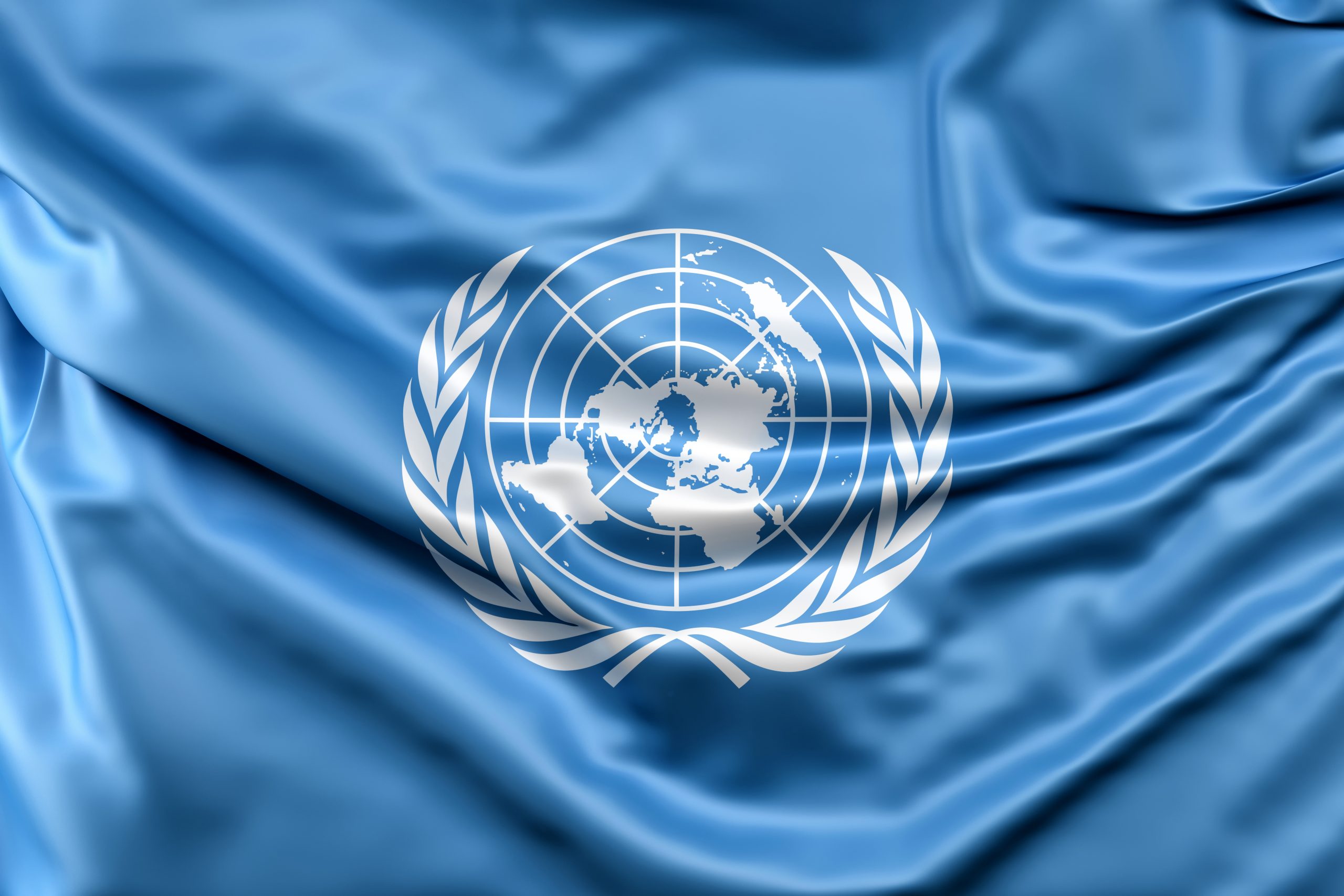News Highlight
China blocked a joint India-U.S. bid to list Jaish E Mohammed (JeM) deputy chief as a UN Security Council designated terrorist.
Key Takeaways
- The deputy chief of JeM is accused of masterminding several terror attacks from the Parliament attack in 2001, as well as several attacks on security forces personnel in 2014-2019.
- This is the second time China has blocked an India-U.S. listing proposal at the UNSC.
Sanctions of the UN Security Council
- The Security Council can take action to maintain or restore international peace and security under Chapter VII of the United Nations Charter.
- Sanctions measures, under Article 41, encompass a broad range of enforcement options that do not involve using armed force.
- Security Council sanctions have taken several forms in the pursuit of various goals.
- The measures ranged from comprehensive economic and trade sanctions to more targeted measures such as arms embargoes, travel bans, and financial or commodity restrictions.
Sanctions regimes
- Currently, the UNSC has 14 active sanctions regimes that focus on supporting political processes in armed conflicts, nuclear non-proliferation and counter-terrorism.
- Sanctions regimes are enacted via a UN Security Council resolution.
Sanctions committee
- Each sanctions regime is administered by a sanctions committee that consists of all 15 members of the Security Council.
- The 15 members include – 5 permanent members and 10 non-permanent members of the UNSC.
- These sanctions committees ensure the implementation of the sanctions and can decide by consensus to adopt targeted sanctions against specific individuals, enterprises, or entities.
Procedure followed by the committee
- Decision by consensus:
- The decisions are adopted by consensus:
- This requirement effectively gives a veto to all 15 members of the committee (10 non-permanent + 5 permanent).
- A member can place a hold on the decision:
- A committee member can place a “hold” on the decision should they require more time and information to consider the matter at hand.
- As per the guidelines, a hold can last for as long as six months at a time, but can be extended further under “extraordinary circumstances”.
- Apart from this vague condition, there is no restriction on repeatedly invoking a hold.
- Meeting behind closed doors
- Committee meetings take place in closed sessions, with no publication of the agenda, proceedings and voting records of the committee.
United Nations Security Council
- The UN Security Council is the premier global body for maintaining international peace and security.
- Established by the UN Charter in 1945, the UN Security Council, or UNSC is one of the six principal organs of the United Nations.
- It is headquartered in New York.
- UNSC is the only UN body with authority to issue binding resolutions to member states.
Composition of UNSC
- The UNSC consists of 15 members.
- The Security Council has five permanent members—China, France, Russia, the United Kingdom, and the United States—collectively known as the P5. Any one of them can veto a resolution.
- The council’s ten elected members, which serve two-year, nonconsecutive terms, are not afforded veto power.
- These members are elected by a two-thirds vote of the UN General Assembly
Presidency of UNSC
- The council’s presidency is a capacity that rotates among its 15 members.
- The presidency changes hands every month between its members in the English alphabetical order of the member states’ names.
Jaish-e-Mohammed (JeM)
- Jaish-e-Mohammed is a Jihadist militant group widely considered a terrorist group.
- Since its inception in 2000, the group has carried out several attacks.
Pic Courtesy: freepic
Content Source: The Hindu



